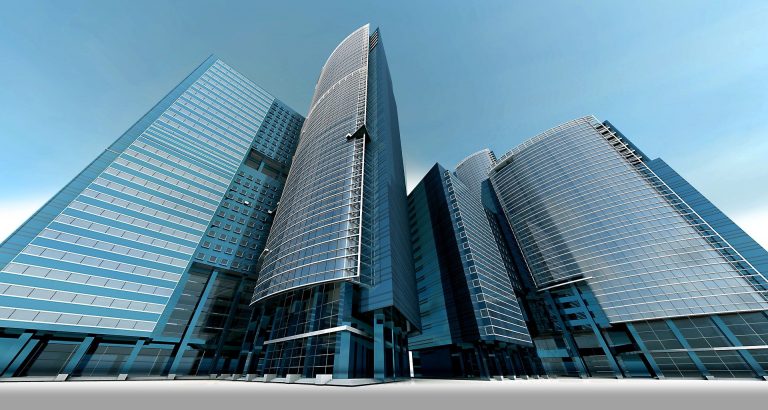The Chinese regime has sent inspectors from its anti-corruption unit to investigate some of the country’s largest financial institutions, including state-owned banks. Some believe the crackdown was triggered by the unfolding debt crisis linked to Evergrande and the wider property market.
According to an official statement, the inspectors will examine Chinese Communist Party (CCP) committees for 25 financial institutions in an investigation spanning roughly two months. The institutions being investigated include banks, financial regulators, asset management companies, and stock exchanges. In total, 15 inspection teams have been dispatched by the government. This is the eighth such inspection launched by the CCP Central Committee.
“They (inspectors) are tasked with looking for political deviations and ferreting out prominent problems that may hinder the sector. They will push party organizations to fulfill their mandates, move forward financial reforms, better serve the real economy, hold fast to the bottom line of no systemic financial risks, and boost high-quality development of the sector,” reported state-backed People’s Daily.
People’s Bank of China, China Construction Bank, Industrial and Commercial Bank of China, Agricultural Bank of China, Citic Group, Bank of China, China Huarong Asset Management, Shanghai Stock Exchange, and others are under investigation.
Beijing is reportedly concerned about the amount of money financial institutions have lent Evergrande, a leading property developer currently in over 300 billion dollars in debt.
Success
You are now signed up for our newsletter
Success
Check your email to complete sign up
According to a report by The Wall Street Journal, the inspection seeks to find out whether financial institutions have been “too chummy” with private firms. The inspectors will review the lending files and regulatory records of institutions, as well as deals they have made with private entities.
Individuals and entities engaged in inappropriate dealings will be formally investigated by the CCP and potentially charged with crimes. Zhao Leji, current head of the anti-corruption unit, said that the inspection of 25 financial institutions will “thoroughly search for any political deviations.”
Some analysts believe that the increased regulatory crackdown and rising market uncertainty will force banks to tighten regulations on lending to private businesses. Such actions could adversely affect the economy because private entities would have a harder time securing funds.
According to Michael Pettis, a finance professor at Peking University, decreasing economic activity in the private sector presents a dilemma for Beijing. Too much crackdown on “bad lending” can affect economic growth.
“The recent move on financial companies may bring about uncertainty on whether there will be punitive measures to follow such as fines or greater regulation in lending activities, both of which may seem to provide a cloudy outlook for financial firms near-term,” Jun Rong Yeap, market strategist at IG Asia Pte, said to Bloomberg.
The crackdown in the financial industry follows similar investigations into the tech sector, possibly signifying the state is attempting to exert complete control over all economic aspects of society.
According to some Chinese officials, leader Xi Jinping wants to ensure that the financial sector remains under state control and does not get dominated by private businesses and other groups. The anti-corruption efforts have historically been driven by multiple motives, with some unveiling systemic corruption and others being used to deal with Xi’s political threats.














